The most competitive and comprehensive Semaglutide
option in Utah...
Recovery - performance - longevity

You Can Heal Your Body
Utah’s #1 for Functional Medicine and Regenerative Health Solutions
Helping you achieve the life you want medication free
Our Specialized Care Solutions

Physical Care
➧ Tailored Health Solutions for Men and Women
➧ Weight Loss Management: Personalized, Sustainable Programs
➧ Prolozone Therapy for Effective Pain and Healing
➧ Aesthetic treatments: Botox and fillers

Holistic Care
➧ Management of Hormone Imbalances & Bio-identical Hormone Replacement Therapy
➧ Advanced Techniques for Fatigue and Stress Management
➧ Comprehensive Solutions for Chronic Fatigue & Sleep Disorders
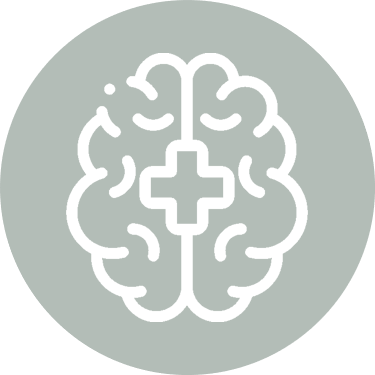
Neurological & Mental Health Care
➧ Dedicated Mental Health Support
➧ Cutting-edge Neurofeedback Therapy
➧ Specialized Care for Mood, Stress, and Anxiety Disorders

Are you sick and tired of being sick and tired?
You have tried everything; diets, supplements, exercise, medication, and far more, yet you are still in pain, exhausted, your medications keep increasing, and you feel like it is impossible to get enough sleep.
At Prestige Wellness Institute our mission is to empower our patients by providing them with evidence-based and effective natural treatments using regenerative health and functional medicine philosophies and tools. We believe each person should be treated with a unique individual health plan and address the root cause to their symptoms. We know that the best possible outcome for our patients can occur when we as healthcare providers and expert staff are working as part of a team with each person individually.
Why CHOOSE US
At Prestige Wellness Institute, we offer personalized, safe,
and natural solutions for your mind, body, and overall well-being.
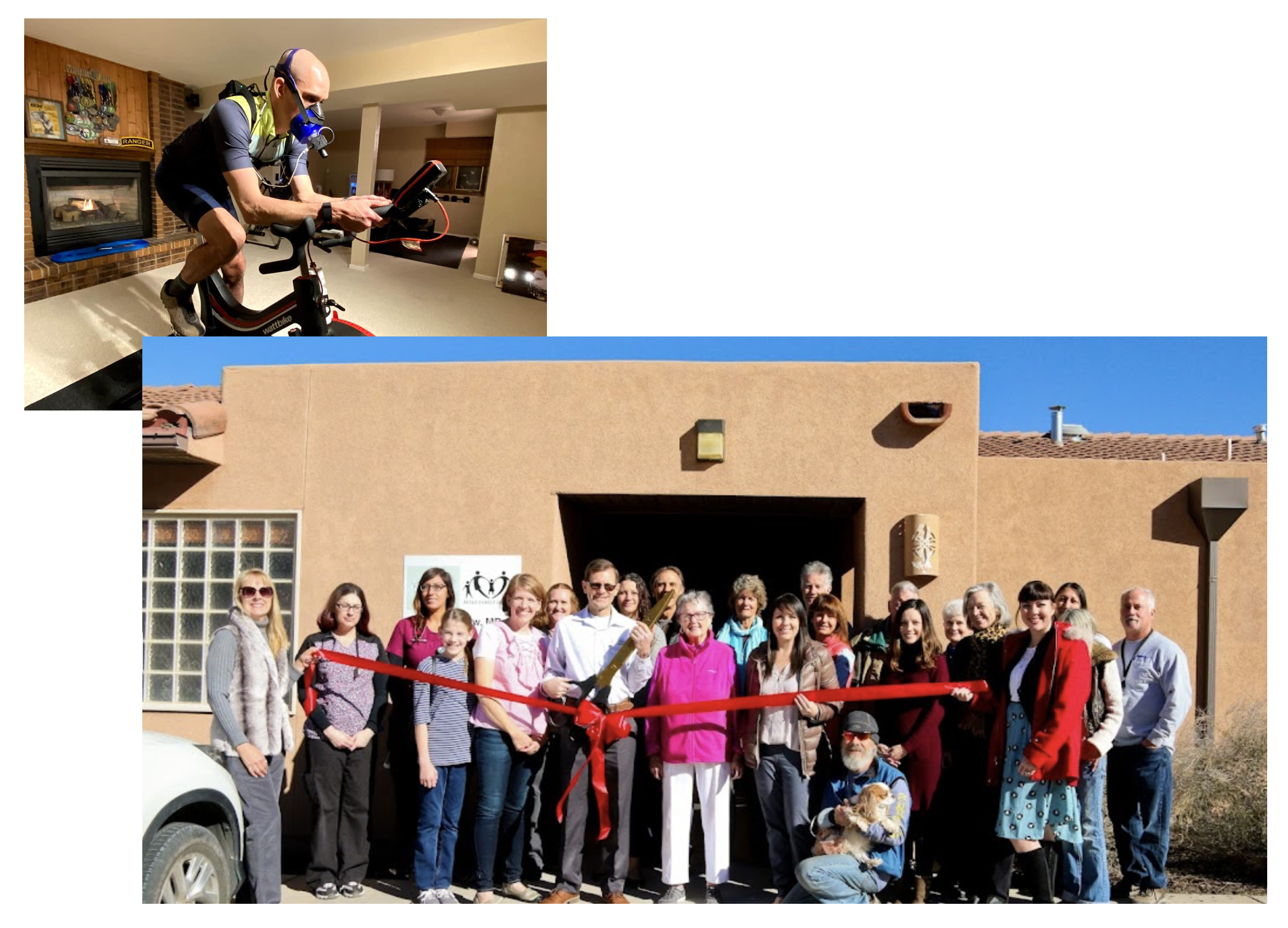
Here's why to choose us:
Personalized Care: Tired of treatments that don’t fit you? We design customized wellness plans that match your unique needs, lifestyle, and health goals, ensuring every therapy is matched specifically to you.
Natural & Safe Solutions: Are you concerned about side effects or synthetic treatments? Our therapies use bioidentical, plant-based hormones and non-invasive regenerative methods. That helps to restore health naturally and safely.
Holistic Wellness Approach: Tired of focusing on symptoms rather than overall health? We find out the root causes of imbalance, combining multiple therapies for whole-body wellness and long-term vitality.
Proven & Evidence-Based Methods: Wondering if it really works? Every therapy at Prestige Wellness is connected with clinical research and real-world success, ensuring you receive methods that truly work.
Convenience & Comprehensive Care: Are you done with scattered care? At Prestige Wellness, we provide all your treatments under one roof. We give you a stress-free experience.
Your Goals, Our Priority: Worried about your wellness needs? We prioritize your health goals, creating personalized solutions that fit your lifestyle. We deliver real and lasting results.
How do you get started?


Schedule Your Appointment
Call our office in either location of Moab or Springville Utah to book your appointment with one of our specialists.


You Tell Us
Complete our custom surveys and questionnaires. This gives us an in depth snapshot into your symptoms, history and health issues.


Meet With Us
Receive a biofeedback scan upon arrival and meet with your medical professional specialist for your personal 90 minute in-depth health evaluation. Your specialist will go over their findings and root cause diagnosis for you and all of your health concerns and symptoms.


Choose Your Plan For Better Health
During your meeting you will receive your personalized custom health program for ongoing care.
ARE YOU READY TO TAKE YOUR LIFE BACK AND LIVE IT TO THE FULLEST?
We understand your struggles. Over and over, we've witnessed the story: individuals, both men and women, leading dynamic lives until, suddenly, they find themselves running on empty. We're familiar with the narratives of disrupted sleep, persistent pain, escalating medication, and a constant state of exhaustion.
Through treating thousands of patients, including members of our own team, we've recognized that there is a way forward. The key is that this journey isn't one-size-fits-all; it's a path shaped by your individual experiences and needs.
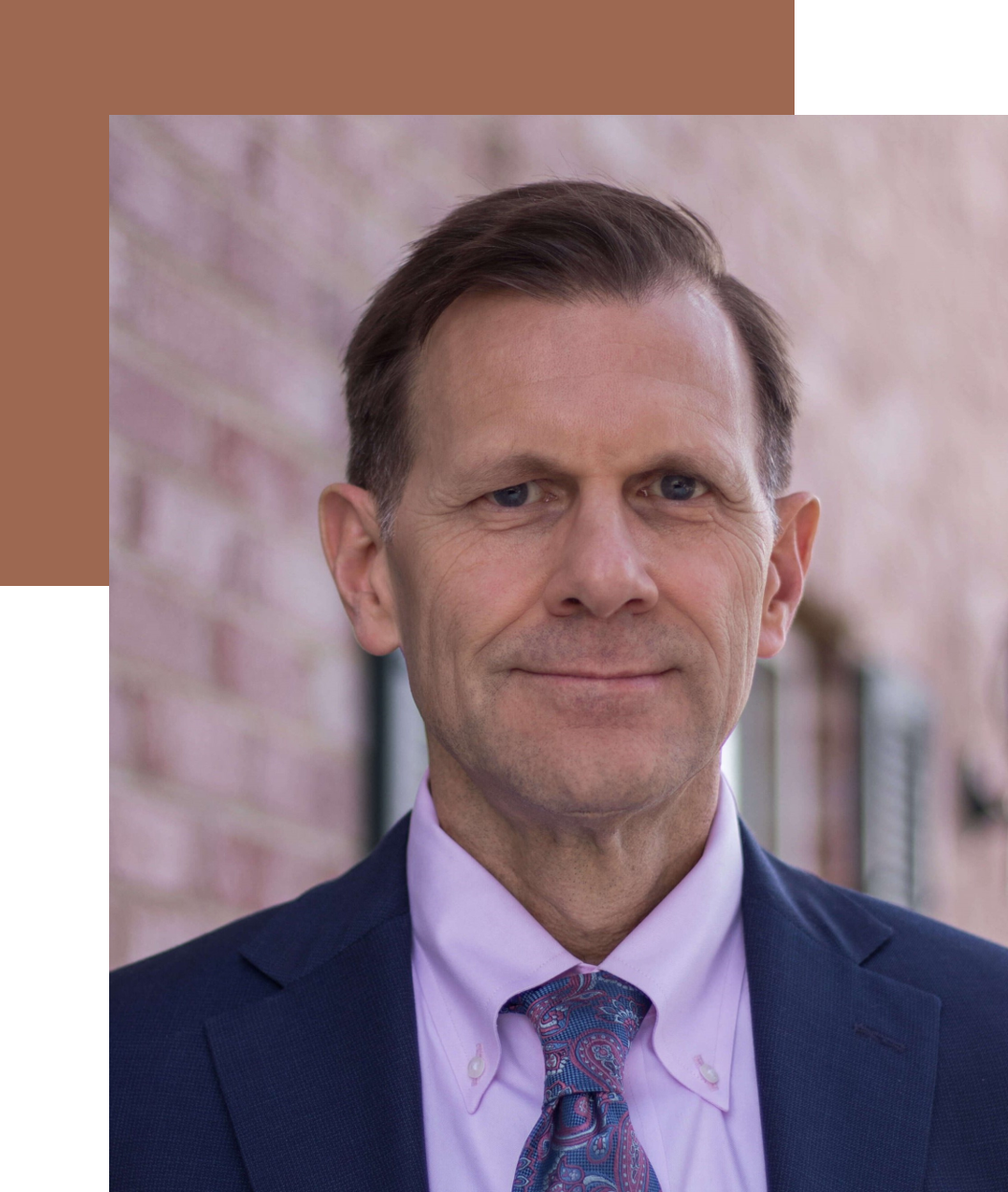
Our Wellness Services
If you are feeling low energy, brain fog, and aging issues, then we have another service that can match your condition.
We are experts in providing natural plant-based solutions for your body and mental health-related issues.
Let's find out about our other wellness services.
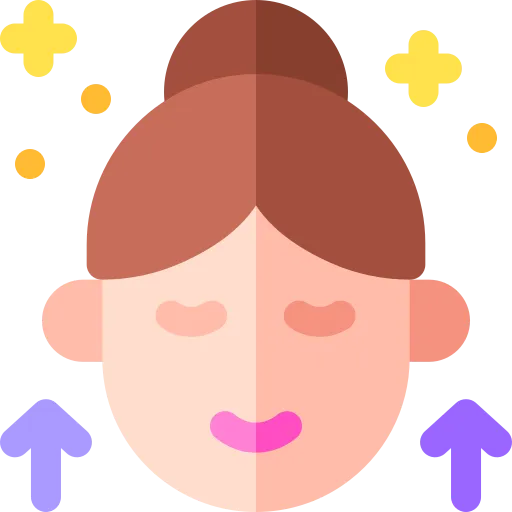
Aesthetics & Injectables:
Are you facing aging issues? Boost your natural beauty with safe, expert cosmetic treatments. Get rid of smooth wrinkles, restore your volume, and boost confidence effortlessly. Every treatment is personalized to match your unique features and goals.
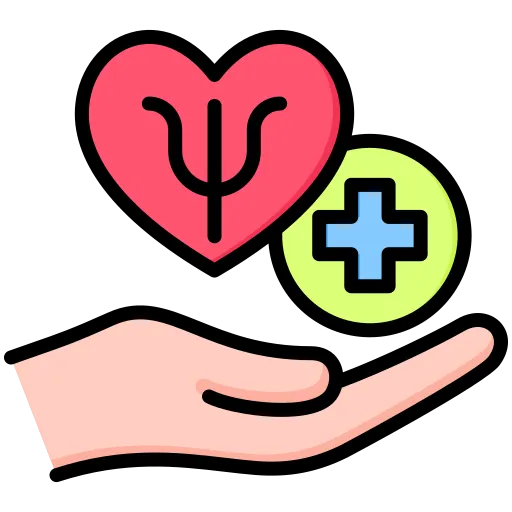
Softwave Therapy:
If you have joint pain, muscle injury, and stiffness. We use soundwave technology to regulate and stimulate healing and tissue regeneration safely. Our targeted approach ensures deeper, effective healing for long-lasting results.

Weight Loss Therapy:
If you have stubborn weight and a low metabolism. We have a peptide-based program that supports fat loss and restores energy balance. Each plan is customized to fit your body’s needs and lifestyle.
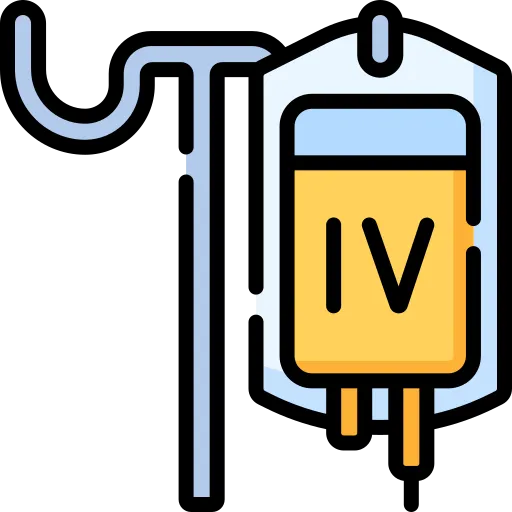
IV Therapy:
Recharge instantly. Best for fatigue, dehydration, or nutrient deficiency. We deliver targeted vitamins and hydration directly into your bloodstream to get fast results.
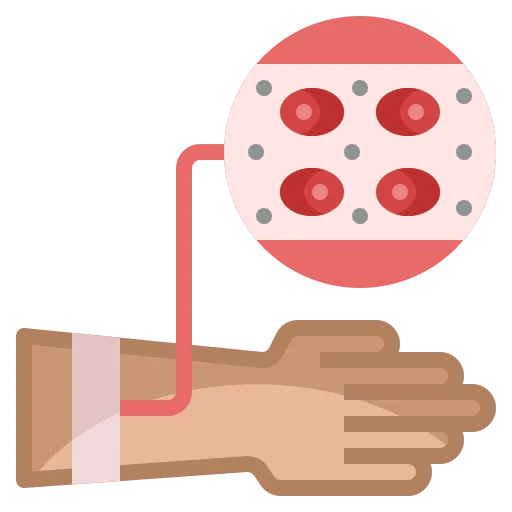
Chelation Therapy:
Detox and protect your heart health. We remove heavy metals safely with IV chelation. This works to detoxify and improve cardiovascular health by removing heavy metals from your system through safe IV treatments.
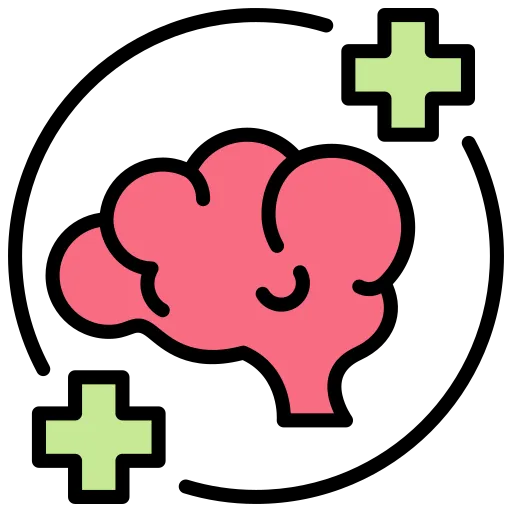
Micro-current Neurofeedback (IASIS):
Reset your mind. If you are facing anxiety, depression, or brain fog. We apply gentle neurofeedback signals to retrain the brain for calmness and clarity.
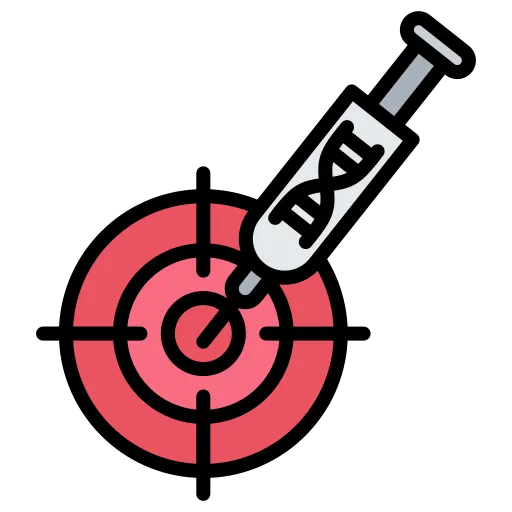
Prolozone Therapy:
Repair your joints naturally. If you have chronic pain, arthritis, and joint issues. We use oxygen and nutrient injections to repair tissues and restore natural function. Our expert-guided therapy targets the root cause, not just symptoms.
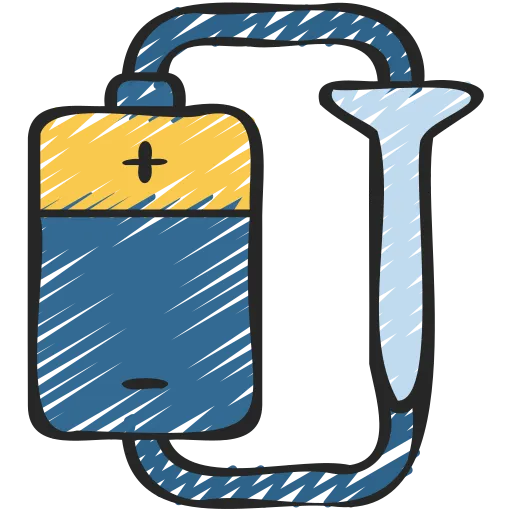
Pulsed Electromagnetic Field (PEMF) Therapy:
Restore your body's natural energy. This treatment helps in recovery from inflammation, fatigue, or chronic pain. We use electromagnetic pulses to recharge cells and improve circulation.
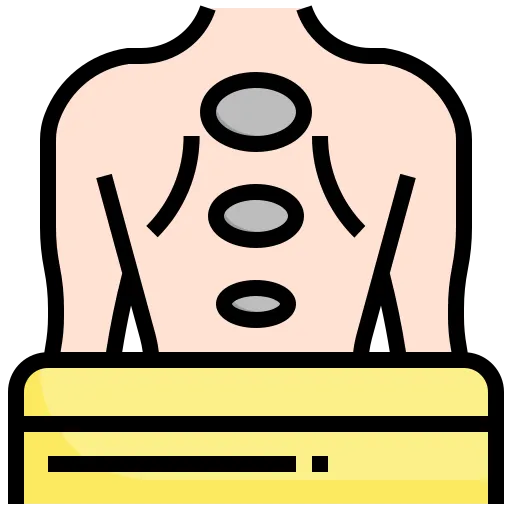
Massage Therapy:
Facing the stiff muscles issue? Our massage therapy helps to relieve tension, reduce stress, and support flexibility. Personalized sessions help restore balance to body and mind.
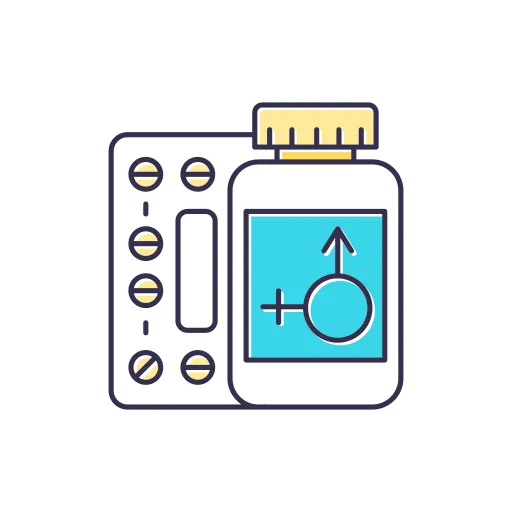
Hormone Replacement Therapy BHRT:
If you see weight gain and mood swings, then our BHRT will help you maintain them. We provide customized solutions for everyone's needs. Our safe, plant-based hormones restore your body naturally.
TESTIMONIALS
unmute to hear their experiences with us
BLOG ARTICLES
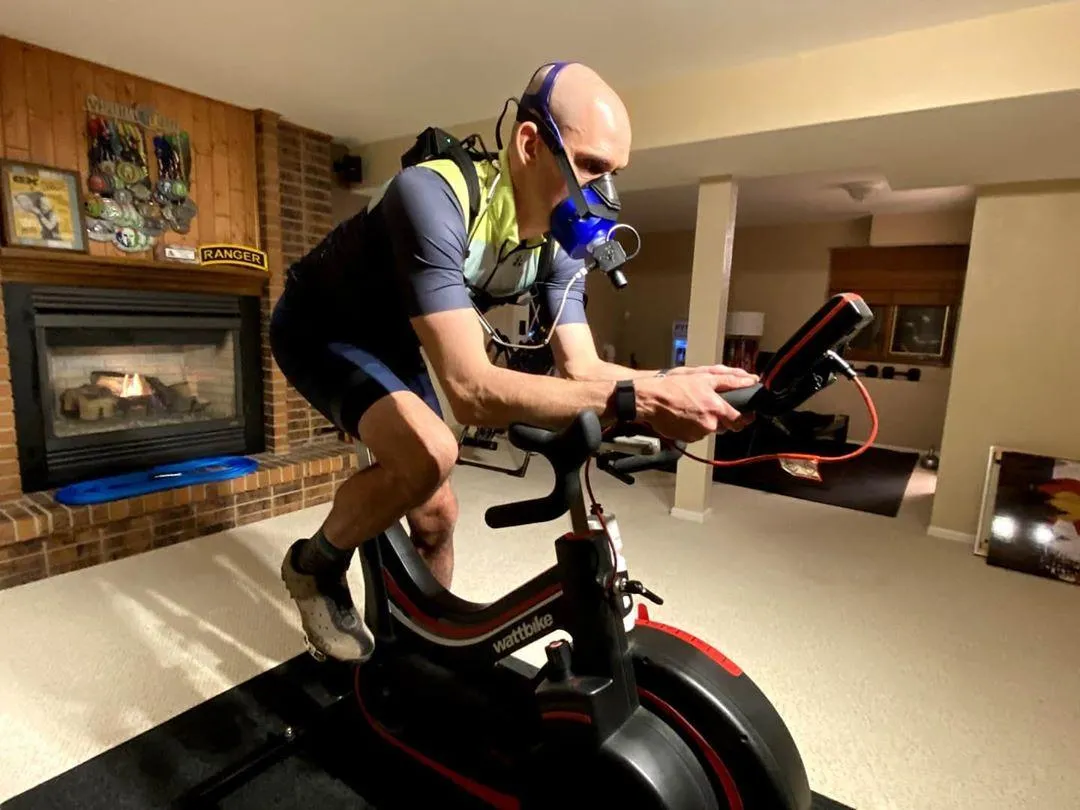
"I still wake up 27 [years old] every day"
Some years ago, Diana came to the office complaining of fatigue. “My last doctor just
said, ‘Well, Diana, you’re not getting any younger. You’re just going to have to live with
it.’” Fortunately, Diana wasn’t satisfied. There had to be something she could do. Turns
out there was a lot she could do, and she did.
In medical school, we are taught to diagnose and treat disease. Because fatigue isn’t a
disease, we are just not given the tools to help, unless a person’s fatigue is caused by a
disease. But Diana has learned that she doesn’t have to settle for getting older. Drs.
Peter Attia, David Sinclair, James LaValle, Rafael Gonzalez, Kim Bruno, Ron
Rothenberg, Kien Vuu, Gordan Lauc, Leonard Pastrana, Kristi Morlan-Hughes, Jin-
Xiong She, Jeffrey Gladden, Ron Klatz, Vincent Giampapa, Gail Humble, and Carlos
Jorge; biohackers like Dave Asprey and Ben Greenfield; and many others are
increasingly demonstrating that we don’t have to settle for the once-inevitable decline in
function as we age. In fact, at the annual world antiaging medicine conference last
month, Dr. Jeffrey Gladden went so far as to say, “I still wake up 27 every day.” As the
author of the 2023 best seller “100 is the new 30,” Dr. Gladden should know.
Scientists are increasingly discovering how we can live both longer and healthier.
Whereas most of Diana’s peers can expect to live to age 79—which is nearly 6 years
longer than their husbands can expect—they will spend an average of 9 of those years
in poor health. In other words, their health span—the time in which they enjoy good
health and function—is only 70 years. Diana has already beat the average, and of
course, so can you.
Ditching the fatigue is a good sign that you are on the right track. But how do you really
know what’s going on under the hood, so to speak? Advancements in laboratory
science are providing increasing numbers of tests—biomarkers—that measure your
“biological age.” We’ve all seen people in their 70s who look as if they are in their late
50s, and people in their 50s who look and act as if they were in their 80s. In both cases,
there is a mismatch between chronological age—the number of birthdays a person has
had—and biological age—how young the person’s cells are functioning.
But it turns out that one of the most useful and accurate tests of biological age isn’t new
at all. It’s called metabolic testing, and it has been in use by athletes, researchers,
NASA, and performance and longevity experts for decades. Metabolic testing provides
a wealth of information beyond simply telling whether you are physiologically younger or
older than your actual number of birthdays. For example, it tells you how well the diet
you are following is meeting your needs. It tells how many calories you are burning at
rest and during exercise. No more guessing. It tells if you are likely to gain weight back
after stopping one of the weight loss peptides. Metabolic testing tells how quickly your
cells switch from burning fat to burning glucose when you exercise. If you want to be
healthy, and especially if you want to lose weight, you want your cells to postpone that
switch as long as possible.
But when it comes to longevity, the most important single piece of information metabolic
testing gives you is your VO2 max. This is a measure of how much oxygen all the cells
in your body can utilize to make the energy that keeps you going. VO2 max is the single
best predictor of how long you can expect to live – healthfully. Quite bluntly, the lower
your VO2 max, the sooner you die. At a VO2 max of 55 ml/kg/minute, you can jog 10
miles per hour on flat ground. Once your VO2 max drops below 18, chances are good
you will no longer be able to live independently.
The good news is that, no matter what your VO2 max is today, you can make it better.
In other words, like Diana, you can extend both your lifespan and improve your quality
of life and health span. At Prestige Wellness Institute, you have access to a number of
tools that can help you increase your VO2 max. Your plan is customized to your needs,
current circumstances, and personal preferences. It doesn’t matter whether you are a
couch potato with arthritis or an elite athlete. You can always make one or more
changes to boost your health and fitness. Then you can repeat your metabolic testing in
3 to 6 months to see if you are getting measurably younger and healthier. As
sophisticated as this test is, it won’t break your bank, either: You may very well be
spending far more on your morning brew then you will on this life-saving test.
Do you lack energy? Let’s find out why and fix it. Does your body seem to fight your
best efforts to lose weight? Don’t be surprised: Working out more and eating less is
usually not the answer, no matter how many doctors have innocently but misguidedly
repeated it. Do you have chronic pain? You deserve relief. Can’t seem to find the
motivation to do more than the bare minimum to survive? There are reasons for this.
The next time someone tells you that you’re not getting any younger, you can find out
why and what to do about it. Then start getting younger!
While you are thinking about those dreaded New Year’s resolutions, ask yourself the
following question: Are you going to get older this year, or younger? Which one do you
deserve? At Prestige Wellness Institute, we believe everyone deserves to get younger,
to live longer, and to enjoy life to the fullest until the day they die, in their sleep. If you
agree, call 435-259–4466 (Moab) or 435-210-0184 (Springville) to schedule your first
test right away.

"I still wake up 27 [years old] every day"
Some years ago, Diana came to the office complaining of fatigue. “My last doctor just
said, ‘Well, Diana, you’re not getting any younger. You’re just going to have to live with
it.’” Fortunately, Diana wasn’t satisfied. There had to be something she could do. Turns
out there was a lot she could do, and she did.
In medical school, we are taught to diagnose and treat disease. Because fatigue isn’t a
disease, we are just not given the tools to help, unless a person’s fatigue is caused by a
disease. But Diana has learned that she doesn’t have to settle for getting older. Drs.
Peter Attia, David Sinclair, James LaValle, Rafael Gonzalez, Kim Bruno, Ron
Rothenberg, Kien Vuu, Gordan Lauc, Leonard Pastrana, Kristi Morlan-Hughes, Jin-
Xiong She, Jeffrey Gladden, Ron Klatz, Vincent Giampapa, Gail Humble, and Carlos
Jorge; biohackers like Dave Asprey and Ben Greenfield; and many others are
increasingly demonstrating that we don’t have to settle for the once-inevitable decline in
function as we age. In fact, at the annual world antiaging medicine conference last
month, Dr. Jeffrey Gladden went so far as to say, “I still wake up 27 every day.” As the
author of the 2023 best seller “100 is the new 30,” Dr. Gladden should know.
Scientists are increasingly discovering how we can live both longer and healthier.
Whereas most of Diana’s peers can expect to live to age 79—which is nearly 6 years
longer than their husbands can expect—they will spend an average of 9 of those years
in poor health. In other words, their health span—the time in which they enjoy good
health and function—is only 70 years. Diana has already beat the average, and of
course, so can you.
Ditching the fatigue is a good sign that you are on the right track. But how do you really
know what’s going on under the hood, so to speak? Advancements in laboratory
science are providing increasing numbers of tests—biomarkers—that measure your
“biological age.” We’ve all seen people in their 70s who look as if they are in their late
50s, and people in their 50s who look and act as if they were in their 80s. In both cases,
there is a mismatch between chronological age—the number of birthdays a person has
had—and biological age—how young the person’s cells are functioning.
But it turns out that one of the most useful and accurate tests of biological age isn’t new
at all. It’s called metabolic testing, and it has been in use by athletes, researchers,
NASA, and performance and longevity experts for decades. Metabolic testing provides
a wealth of information beyond simply telling whether you are physiologically younger or
older than your actual number of birthdays. For example, it tells you how well the diet
you are following is meeting your needs. It tells how many calories you are burning at
rest and during exercise. No more guessing. It tells if you are likely to gain weight back
after stopping one of the weight loss peptides. Metabolic testing tells how quickly your
cells switch from burning fat to burning glucose when you exercise. If you want to be
healthy, and especially if you want to lose weight, you want your cells to postpone that
switch as long as possible.
But when it comes to longevity, the most important single piece of information metabolic
testing gives you is your VO2 max. This is a measure of how much oxygen all the cells
in your body can utilize to make the energy that keeps you going. VO2 max is the single
best predictor of how long you can expect to live – healthfully. Quite bluntly, the lower
your VO2 max, the sooner you die. At a VO2 max of 55 ml/kg/minute, you can jog 10
miles per hour on flat ground. Once your VO2 max drops below 18, chances are good
you will no longer be able to live independently.
The good news is that, no matter what your VO2 max is today, you can make it better.
In other words, like Diana, you can extend both your lifespan and improve your quality
of life and health span. At Prestige Wellness Institute, you have access to a number of
tools that can help you increase your VO2 max. Your plan is customized to your needs,
current circumstances, and personal preferences. It doesn’t matter whether you are a
couch potato with arthritis or an elite athlete. You can always make one or more
changes to boost your health and fitness. Then you can repeat your metabolic testing in
3 to 6 months to see if you are getting measurably younger and healthier. As
sophisticated as this test is, it won’t break your bank, either: You may very well be
spending far more on your morning brew then you will on this life-saving test.
Do you lack energy? Let’s find out why and fix it. Does your body seem to fight your
best efforts to lose weight? Don’t be surprised: Working out more and eating less is
usually not the answer, no matter how many doctors have innocently but misguidedly
repeated it. Do you have chronic pain? You deserve relief. Can’t seem to find the
motivation to do more than the bare minimum to survive? There are reasons for this.
The next time someone tells you that you’re not getting any younger, you can find out
why and what to do about it. Then start getting younger!
While you are thinking about those dreaded New Year’s resolutions, ask yourself the
following question: Are you going to get older this year, or younger? Which one do you
deserve? At Prestige Wellness Institute, we believe everyone deserves to get younger,
to live longer, and to enjoy life to the fullest until the day they die, in their sleep. If you
agree, call 435-259–4466 (Moab) or 435-210-0184 (Springville) to schedule your first
test right away.
LET US ANSWER YOUR QUESTIONS
We look forward to meeting you.
We'd love to hear from you!
Please send us a message using the form below, request an appointment using our convenient appointment request form or call us today at (435) 210-0184.
Copyright © 2026 Prestige Wellness Institute. All rights Reserved.
Disclaimer
The information on this website is not intended to replace your physician and is not intended as medical advice. It is intended for educational purposes. Dr. Andrew and Prestige Wellness Institute encourages you to make your own health care decisions based upon your research and talk to your health care provider before making lifestyle changes.


